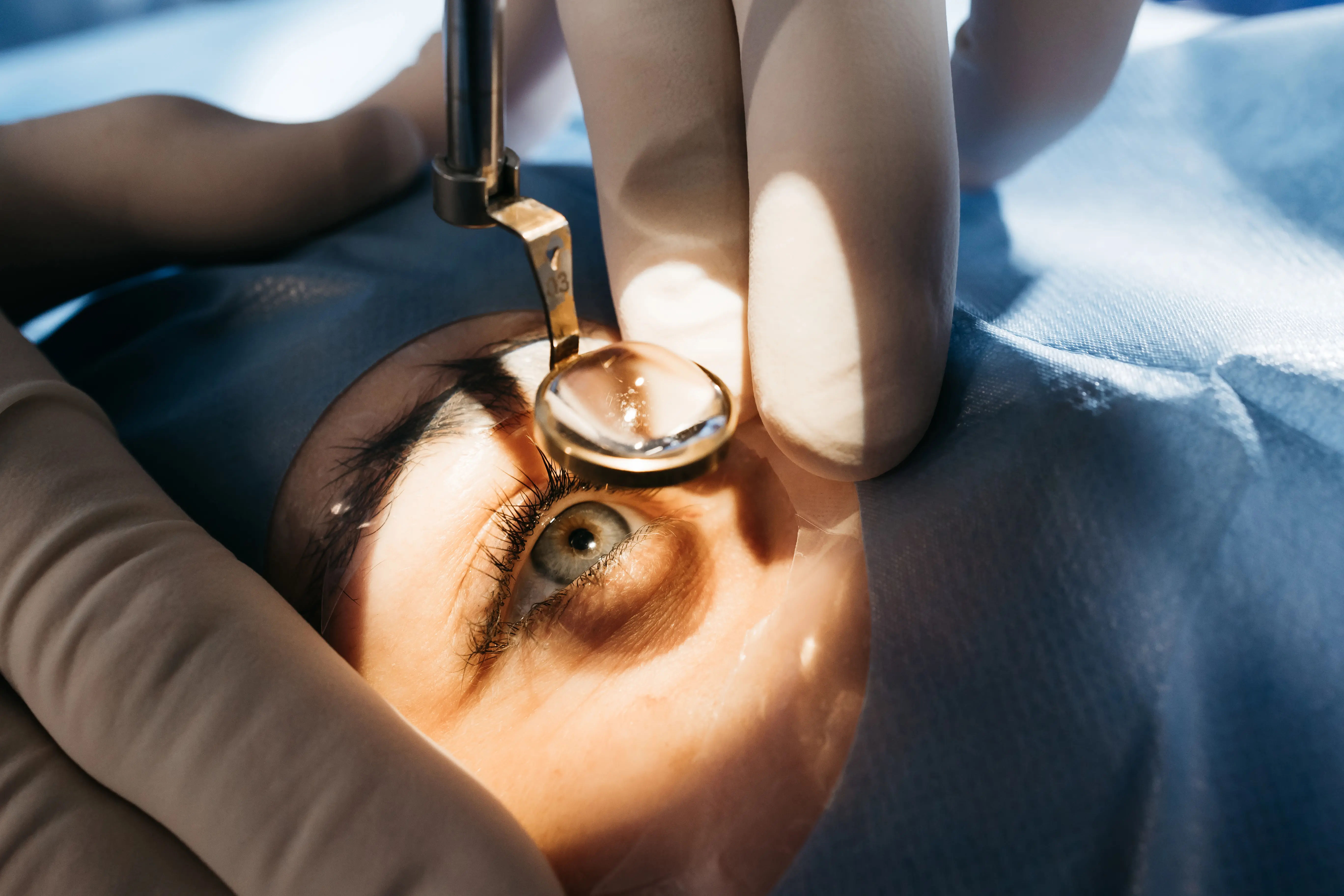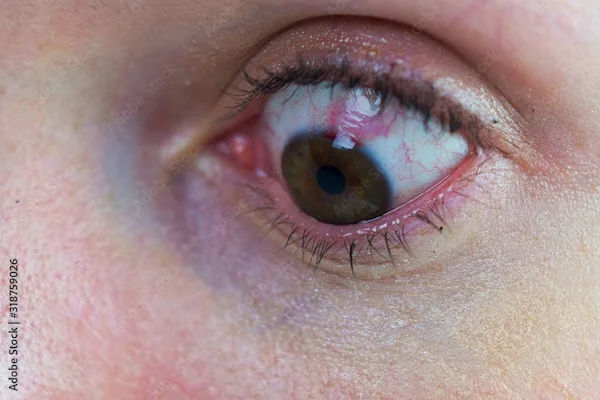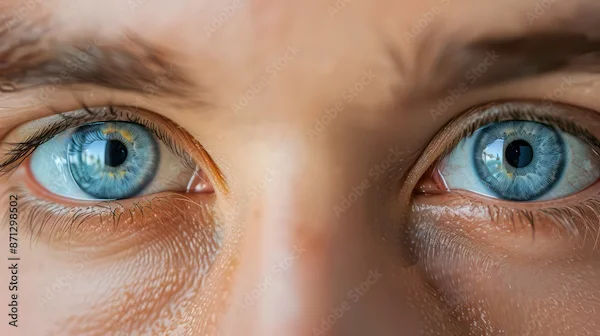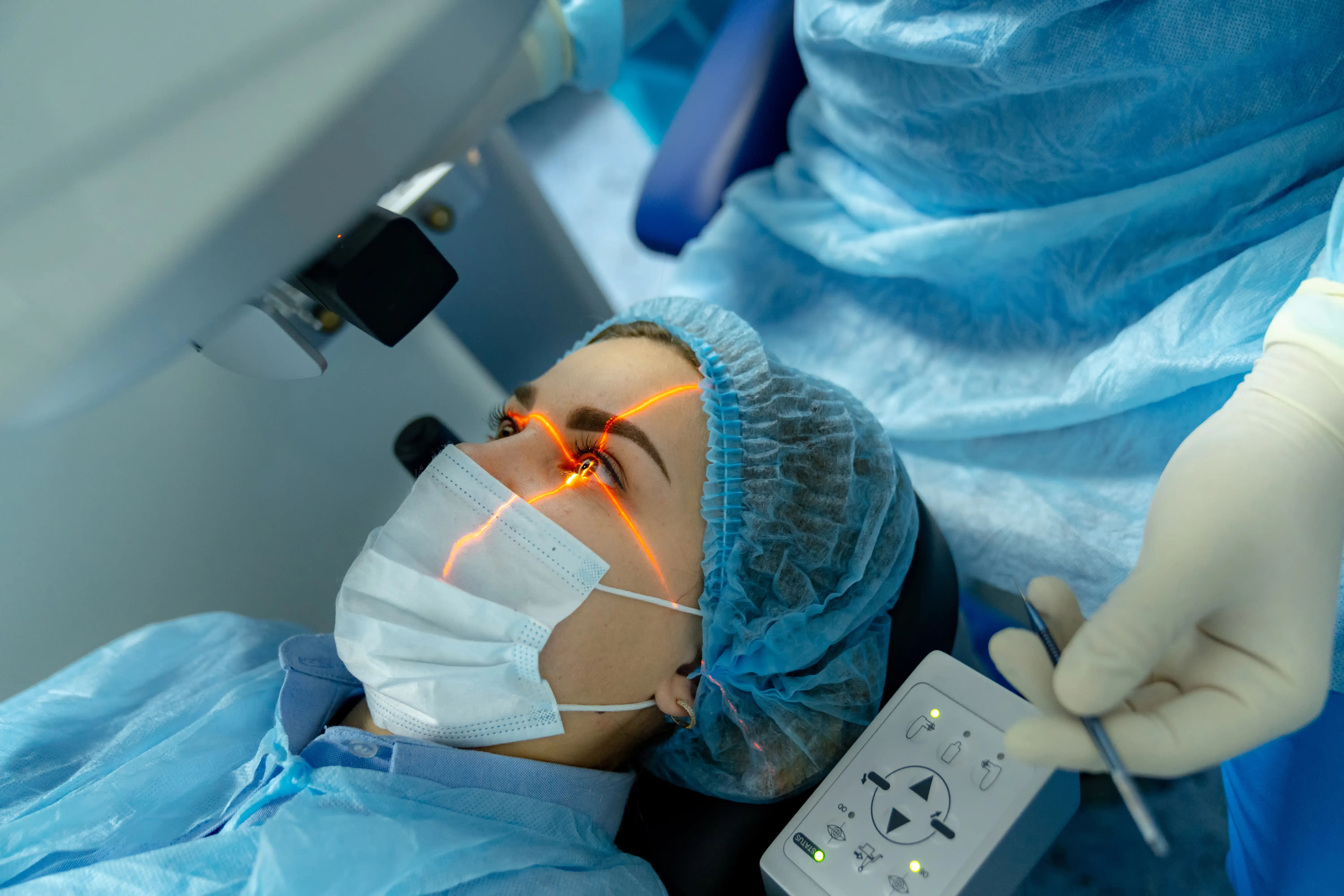How Long Does It Take For Cataract Surgery?
Curious about how long cataract surgery takes? Get a clear understanding of the typical procedure duration, from start to finish, and what to expect on the day of your eye surgery.

Written by Dr. Rohinipriyanka Pondugula
Reviewed by Dr. Md Yusuf Shareef MBBS
Last updated on 7th Oct, 2025

Introduction
If you or a loved one has been diagnosed with cataracts, you might be wondering about the surgery—especially how long it takes and what to expect. Cataract surgery is a common and safe procedure, but it’s natural to have questions. In this article, we’ll break down everything you need to know in simple, easy-to-understand terms.
Understanding Cataracts
Before we talk about surgery, let’s briefly understand what cataracts are. A cataract is a clouding of the eye’s natural lens, which affects vision. It usually develops slowly over time and can cause blurry vision, difficulty seeing at night, and increased sensitivity to light. While cataracts are often agerelated, they can also result from eye injuries, diabetes, or prolonged steroid use.
When Is Cataract Surgery Needed?
Not all cataracts require immediate surgery. Many people manage early-stage cataracts with stronger glasses or better lighting. However, if cataracts start interfering with daily activities like reading, driving, or recognizing faces, your doctor may recommend surgery.
How Long Does Cataract Surgery Take?
One of the most reassuring things about cataract surgery is that it’s a quick procedure. Here’s a breakdown of the timeline:
1. Pre-Surgery Preparation (30-60 minutes)
Before the surgery, your eye will be numbed with drops or an injection to ensure you don’t feel any pain. You may also receive a mild sedative to help you relax. The medical team will clean the area around your eye and place a sterile drape over your face, leaving only the eye being treated exposed.
2. The Surgery Itself (10-20 minutes per eye)
The actual cataract removal and lens replacement typically take only 10 to 20 minutes. The surgeon makes a tiny incision in the eye, breaks up the cloudy lens using ultrasound (a technique called phacoemulsification), and replaces it with a clear artificial lens (intraocular lens, or IOL).
3. Recovery Immediately After Surgery (30-60 minutes)
After the procedure, you’ll rest in a recovery area for about 30 minutes to an hour. The medical team will check your eye before allowing you to go home. Since you’ll have had sedation, you’ll need someone to drive you back.
4. Total Time Spent at the Hospital/Clinic: 2-3 Hours
While the surgery itself is quick, you should expect to spend a few hours at the hospital or clinic for preparation and recovery.
What to Expect After Cataract Surgery?
Recovery from cataract surgery is usually smooth, but here’s what you can expect:
Same Day: Your vision may be blurry initially, but it should improve within a few hours.
First Few Days: You may experience mild discomfort, itching, or sensitivity to light. Your doctor will prescribe eye drops to prevent infection and reduce inflammation.
First Week: Avoid strenuous activities, bending over, or rubbing your eye.
Full Recovery: Most people notice significant vision improvement within a few days, but complete healing takes about 4-6 weeks.
Consult Top Specialists for Personalised Tips
Tips for a Smooth Recovery
To ensure the best possible outcome, follow these tips:
Use prescribed eye drops as directed to prevent infection.
Wear sunglasses outdoors to protect your eyes from bright light.
Avoid swimming or heavy lifting for at least a week.
Attend follow up appointments to monitor healing.
When to Seek Help?
While complications are rare, contact your doctor immediately if you experience:
Severe pain
Sudden vision loss
Increased redness or swelling
Flashes of light or new floaters
Can Both Eyes Be Treated at Once?
Usually, cataract surgery is performed on one eye at a time, with the second eye treated a few weeks later. This allows the first eye to heal properly before proceeding with the next.
Final Thoughts
Cataract surgery is a quick, safe, and highly effective procedure that can restore clear vision. The entire process—from preparation to going home—takes just a few hours, with the actual surgery lasting only about 10-20 minutes. If you or someone you know is experiencing vision problems due to cataracts, don’t hesitate to consult an eye specialist. Early treatment can significantly improve quality of life. You can book an appointment with an ophthalmologist through Apollo 24|7 for personalized care and guidance.
Consult Top Eye Surgeon
Consult Top Specialists for Personalised Tips

Dr. Sujit Pahari
Ophthalmologist
22 Years • MBBS, DNB, DOMS Ophthalmologist/ Eye Surgeon. FIC (Ophthal).
Bilaspur
Apollo Hospitals Seepat Road, Bilaspur
(25+ Patients)

Dr Rajesh Rastogi
Ophthalmologist
33 Years • MBBS, MS Ophthalmology
New Delhi
Rotary Diabetic Centre, New Delhi
Dr. Padmini S
Ophthalmologist
4 Years • MBBS,MS
Bengaluru
Apollo Medical Center, Marathahalli, Bengaluru
Dr. S Venkateswaran
Ophthalmologist
35 Years • MBBS, PGD (OPTHALMOLOGY)
Tiruvannamalai
Shiva Eye And General Hospital, Tiruvannamalai
Dr. V.chittibabu
Ophthalmologist
30 Years • MBBS, MS
Vellore
Krupa Eye Clinic, Vellore
Consult Top Eye Surgeon

Dr. Sujit Pahari
Ophthalmologist
22 Years • MBBS, DNB, DOMS Ophthalmologist/ Eye Surgeon. FIC (Ophthal).
Bilaspur
Apollo Hospitals Seepat Road, Bilaspur
(25+ Patients)

Dr Rajesh Rastogi
Ophthalmologist
33 Years • MBBS, MS Ophthalmology
New Delhi
Rotary Diabetic Centre, New Delhi
Dr. Padmini S
Ophthalmologist
4 Years • MBBS,MS
Bengaluru
Apollo Medical Center, Marathahalli, Bengaluru
Dr. S Venkateswaran
Ophthalmologist
35 Years • MBBS, PGD (OPTHALMOLOGY)
Tiruvannamalai
Shiva Eye And General Hospital, Tiruvannamalai
Dr. V.chittibabu
Ophthalmologist
30 Years • MBBS, MS
Vellore
Krupa Eye Clinic, Vellore




